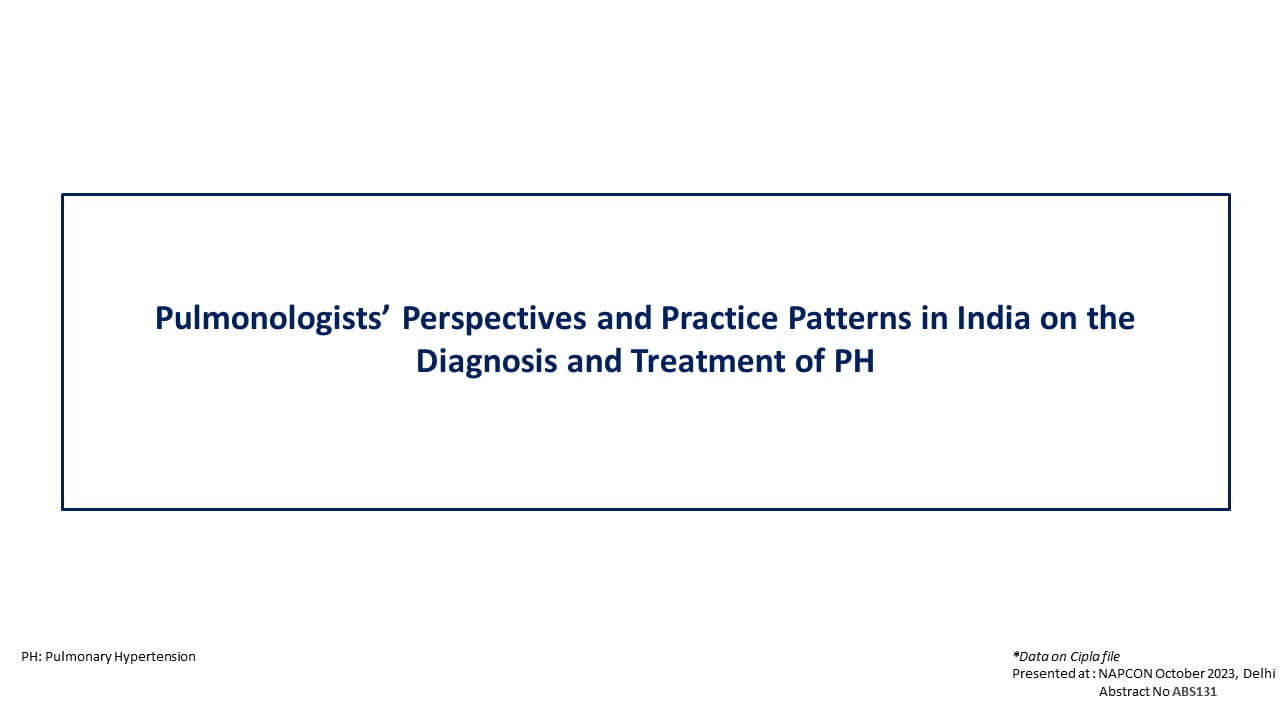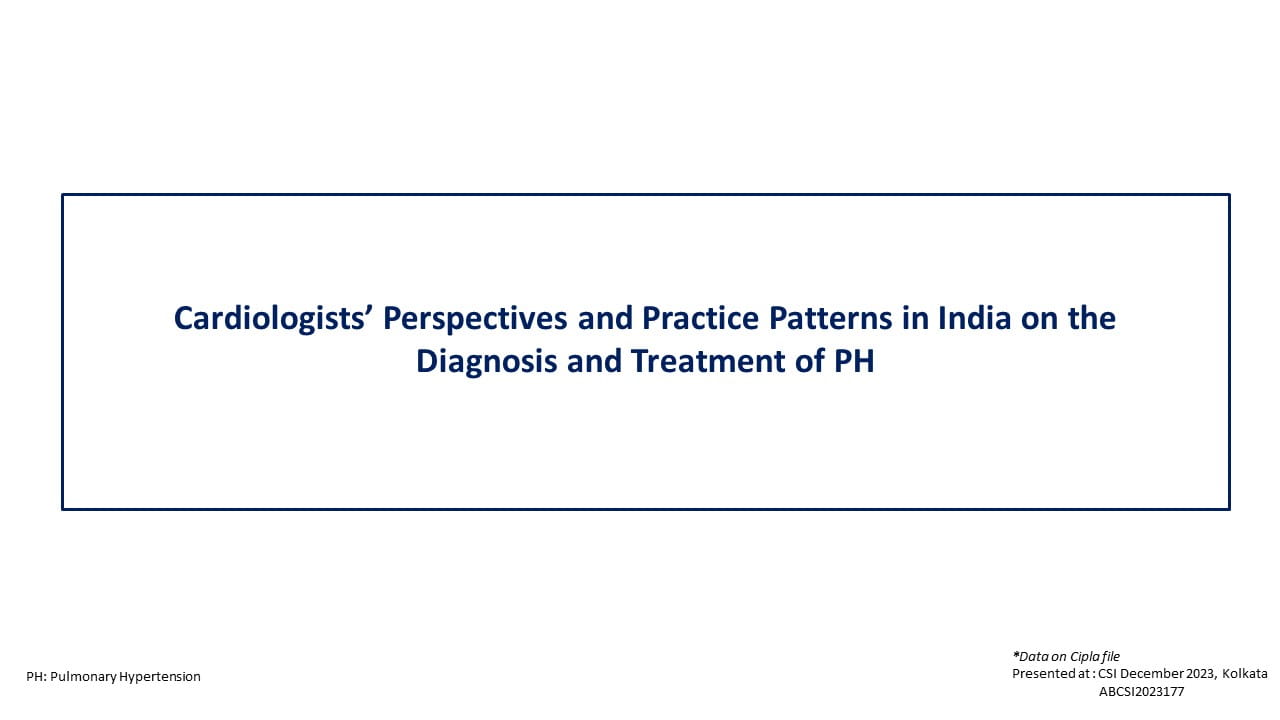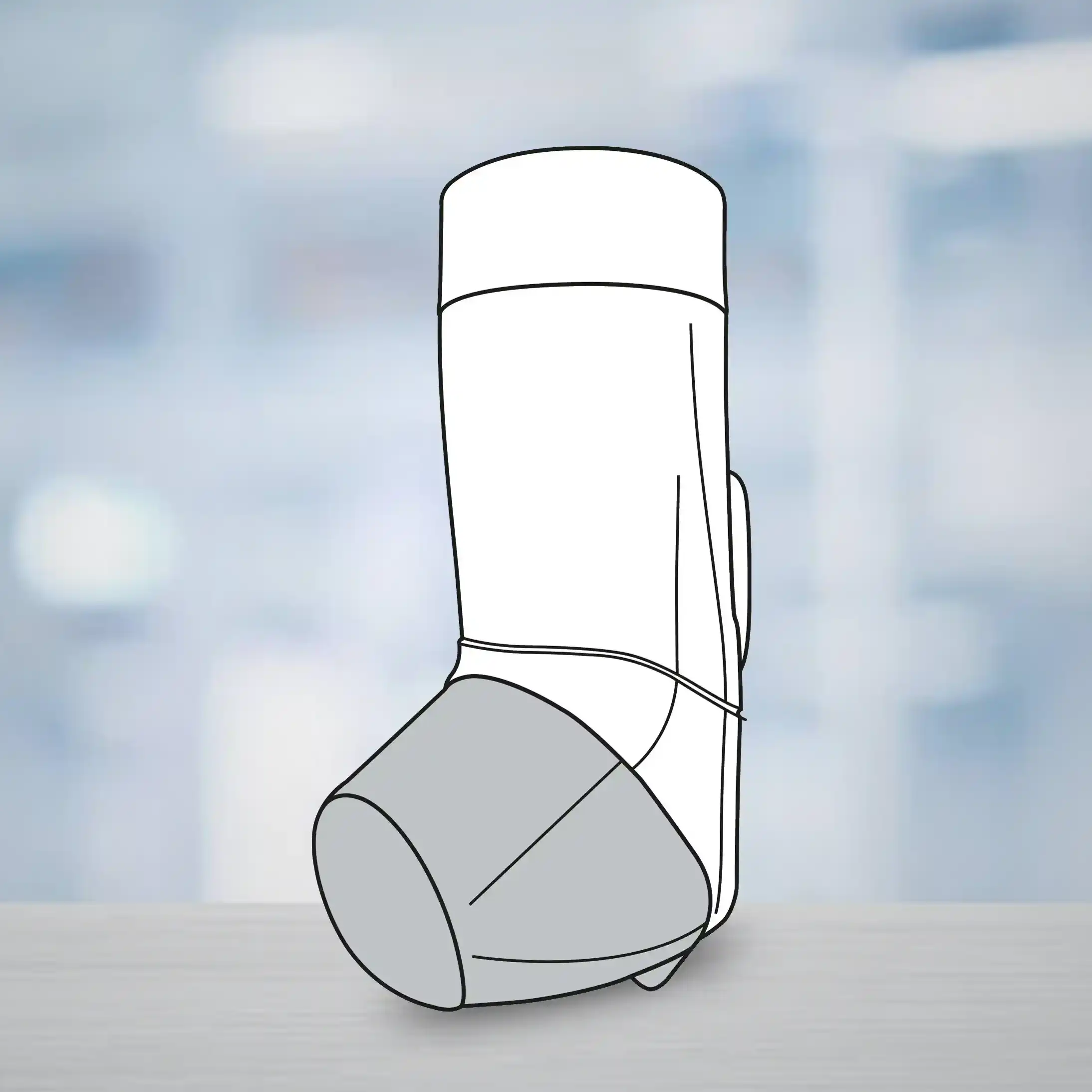Montelukast Combined with Antihistaminics Might Benefit Patients with Resistant Allergic Rhinitis
2 Sep, 20
Introduction
Allergic rhinitis (AR) adversely affects the quality of life (QoL). Antihistaminics have been used as the first treatment in AR. However, the search for alternative drugs in resistant AR is ongoing. Recent studies have demonstrated improvement in QoL with the use of montelukasts and their combinations in AR.
Aim
This study compared the effect of montelukast combinations with single montelukast and antihistaminics on the QoL in patients mild AR.
Methods
Study Design
- Randomized, double-blind controlled study
Treatment Strategy
- Patients aged 18 to 65 years with a diagnosis of AR were randomized into 7 groups of 40 each
- Group A and B were healthy subjects and AR patients who did not receive any treatment respectively and were called controls
- Groups C to G were AR patients who received the following treatments for 3 months
- Group C – 10 mg rupatadine fumarate orally
- Group D – 5 mg levosetirizine dihydrochloride orally
- Group E – 10 mg montelukast sodium orally
- Group F – 5 mg desloratadine + 10 mg montelukast sodium tablets orally
- Group G – Levocetirizine dihydrochloride + 10 mg montelukast sodium tablets orally
- The QoL was assessed using The Rinokonjucivations Quality of Life Questionnaire (RQLQ) with a total of 28 questions
Endpoints
- The average scores of all 28 problems
- Higher the score, lower the QoL
- p-value <0.05 was considered statistically significant.
Results
- The study group comprised 40 patients with 20 males and females each
- The difference in the scores was significant in the control group as compared to study groups (p<0.05)
- The scores decreased in all the study groups
- Significant differences were noted in groups F and G (combination therapy) against groups C and D (monotherapy); p<0.05
- Combined montelukast groups demonstrated significant differences when compared to single montelukast group (p<0.05)
- There were no significant differences between groups F and G
- Rupatadine did not exhibit significant superiority over levocetirizine
- The scores of montelukast groups were significantly lower than the rupatadine and levosetirizine groups
- The efficacy of combined montelukasts was higher than single antihistaminics and single montelukast
- No difference in QoL was reported between the combined montelukasts
Conclusion
- Antihistaminics should be the first choice of treatment in patients with allergic rhinitis (AR)
- Montelukast should be combined with antihistaminics in resistant AR cases
Int Med J 2019;8(4):967-70. Doi: 10.5455/medscience.2019.08.9061.










